
Taking the time to prioritize self-care is essential for maintaining overall well-being, and there's no better way to unwind after a long, busy day than indulging in a soothing, warm bath. One of the most popular ingredients for enhancing the bath experience is Epsom salt. Known for its myriad of health benefits, Epsom salts can help promote muscle relaxation, relieve discomfort, and soothe the body. In this article, we'll explore the properties of Epsom salts and delve into how they can provide lasting relief during bath time.
The Science Behind Epsom Salts and Muscle Relaxation
Epsom salts, also known as magnesium sulfate, are a compound of magnesium, sulfur, and oxygen, and are named after a town in England where they were first discovered. This naturally occurring mineral boasts a plethora of benefits, and its effectiveness in promoting muscle relaxation can be attributed to the magnesium it contains.
Magnesium is an essential mineral that plays a vital role in diverse body functions, including nerve and muscle function. When Epsom salts dissolve in warm bath water, the magnesium ions are released, making it easier for the body to absorb the mineral through the skin. This process, known as transdermal magnesium absorption, can help boost magnesium levels in the body, leading to muscle relaxation, stress relief, and reduced inflammation.
Today, Epsom salts are widely used as a natural remedy for various ailments, from muscle aches to skin conditions, and can also be used for relaxation and rejuvenation.
The Benefits of Using Epsom Salts for Bath Relaxation
The addition of Epsom salts to your bath provides a plethora of benefits that can elevate your bathing experience. From muscle relaxation to stress relief, let's take a closer look at the advantages of incorporating Epsom salts into your self-care routine.
1. Muscle Relaxation
One of the most sought-after benefits of Epsom salts is their ability to alleviate muscle tension and discomfort. The magnesium ions absorbed during a bath can help to relax the muscles, loosen stiff joints, and soothe aches, making Epsom salts an ideal solution for those seeking relief from everyday muscle pains and fatigue.
2. Stress Relief
Stress reduction is another significant benefit of Epsom salt baths, as magnesium plays a crucial role in regulating the body's stress response system. Soaking in an Epsom salt bath can provide a much-needed respite from the daily grind, allowing tension to melt away and leaving you feeling refreshed and rejuvenated.
3. Improved Sleep
Magnesium is also known to improve sleep quality by regulating melatonin levels, a hormone that controls the body's sleep-wake cycles. An Epsom salt bath before bedtime can help promote relaxation and set the stage for a restful night’s sleep.
4. Detoxification
Epsom salts also have detoxification properties that can help flush toxins from the body. The sulfur in Epsom salts can help support the body’s detoxification pathways, promoting the elimination of harmful substances lingering in the body.
5. Skin Health
The combination of magnesium and sulfate in Epsom salts may also contribute to better skin health by reducing inflammation, exfoliating dead skin cells, and soothing irritated skin.
Preparing an Epsom Salt Bath for Muscle Relaxation
To reap the benefits of an Epsom salt bath, follow these simple steps:
- Fill your bathtub with warm water - Aim for a temperature around 98-102 degrees Fahrenheit (37-39 degrees Celsius) as this warmth will help open your pores, allowing the magnesium ions to be easily absorbed.
- Add the Epsom salts - Depending on the size of your bathtub and the desired effect, you can add anywhere between 1-2 cups (250-500 grams) of Epsom salts to the water. For maximum effect, mix the salts in with the water to ensure they dissolve fully.
- Customize your bath experience - Enhance your bath relaxation with additional elements like essential oils, scented candles, or soothing music for a more immersive experience. Lavender essential oil, in particular, is known for its relaxing properties and can be added to your Epsom salt bath to boost tranquility.
- Soak - For optimum benefits, soak in your Epsom salt bath for at least 15-20 minutes to allow the magnesium and sulfate ions to penetrate your skin.
- Stay hydrated - As an Epsom salt bath can promote detoxification, be sure to drink plenty of water during and after your soak to support the elimination process.
Epsom Salts within a Luxury Bath Experience
To further enhance your bath relaxation experience, consider incorporating a luxury bath pillow for added comfort and support. These pillows can keep your neck and head properly cushioned, allowing you to enjoy your Epsom salt bath with ease. Combine this with a bath cushion for added support and comfort, ensuring a pain-free and enjoyable soak.
Overall, using Epsom salts for muscle relaxation during bath time is a simple and effective method to unwind and alleviate aches, pains, and fatigue. This natural remedy has been praised for its numerous health benefits, making it an invaluable addition to your bathing routine. By incorporating Epsom salts into your self-care regimen, you can experience lasting relief and relaxation.
Frequently Asked Questions
Does an Epsom salt bath help relax muscles?
Yes, an Epsom salt bath helps relax muscles. The magnesium ions in Epsom salts are absorbed through the skin during a bath, promoting muscle relaxation, reducing inflammation, and alleviating tension. This makes Epsom salt baths an effective natural remedy for soothing aching muscles and providing overall relaxation.
What does Epsom salt do in a bath?
When added to a warm bath, Epsom salt can provide numerous benefits, including:
- Muscle relaxation - Epsom salts can help alleviate muscle tension and discomfort by allowing the body to absorb magnesium through the skin.
- Stress relief - The magnesium in Epsom salts may support the regulation of the body's stress response system, reducing feelings of stress and anxiety.
- Improved sleep - Magnesium is known to regulate melatonin levels, which can lead to better sleep quality.
- Detoxification - Epsom salts can support the body's detoxification process, helping to flush out toxins.
- Skin health - The combination of magnesium and sulfate in Epsom salts can reduce inflammation, exfoliate dead skin cells, and soothe irritated skin.
How do you use Epsom salt for muscle pain?
To use Epsom salt for muscle pain, follow these steps:
- Fill your bathtub with warm water at a temperature of approximately 98-102 degrees Fahrenheit (37-39 degrees Celsius).
- Add 1-2 cups (250-500 grams) of Epsom salts to the water, mixing well to ensure the salts dissolve fully.
- Optional: Customize your bath by adding essential oils, scented candles, or soft music for a more relaxing experience.
- Soak in the Epsom salt bath for at least 15-20 minutes to allow absorption of the magnesium ions through the skin.
- Keep yourself hydrated by drinking plenty of water during and after the bath.
What is the best bath muscle relaxant?
While Epsom salts are widely recognized for their muscle-relaxing properties, there are other natural muscle-relaxing bath additives you can explore:
- Dead Sea salts - Rich in minerals like magnesium, potassium, and calcium, Dead Sea salts can help relax muscles, reduce inflammation, and relieve joint pain.
- Essential oils - Lavender, eucalyptus, and rosemary essential oils are known for their muscle-relaxing properties and can be added to a warm bath for an aromatherapeutic experience.
- CBD-infused bath salts - Infusing bath salts with CBD oil is another option for those seeking muscle relaxation, as CBD has been shown to have anti-inflammatory and pain-relieving effects.
Incorporating these muscle-relaxing bath additives, along with Epsom salts, can help create a soothing and rejuvenating bath experience. It is essential to consider personal preferences and potential allergies or sensitivities when choosing the best muscle-relaxing bath additive for your needs.






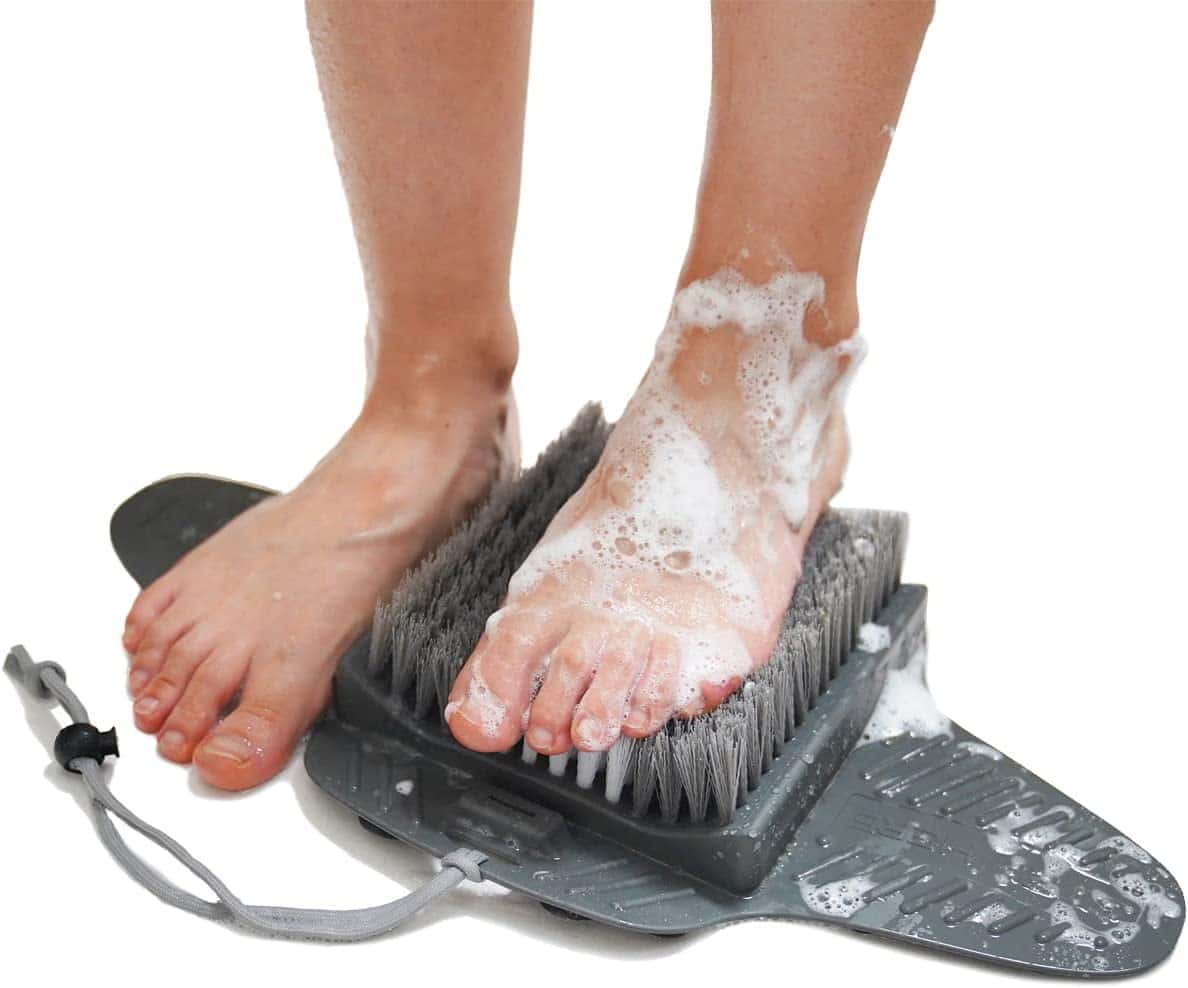


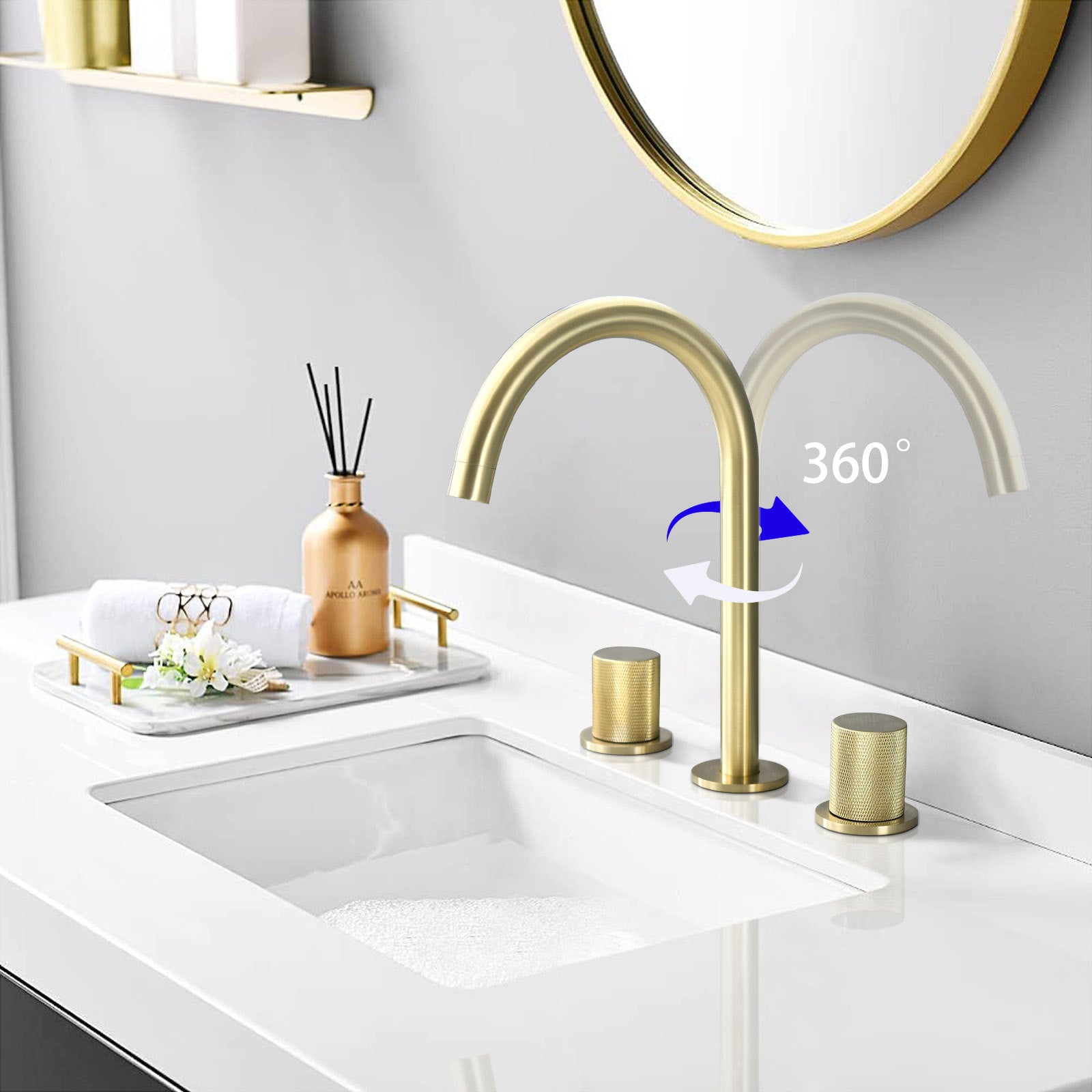
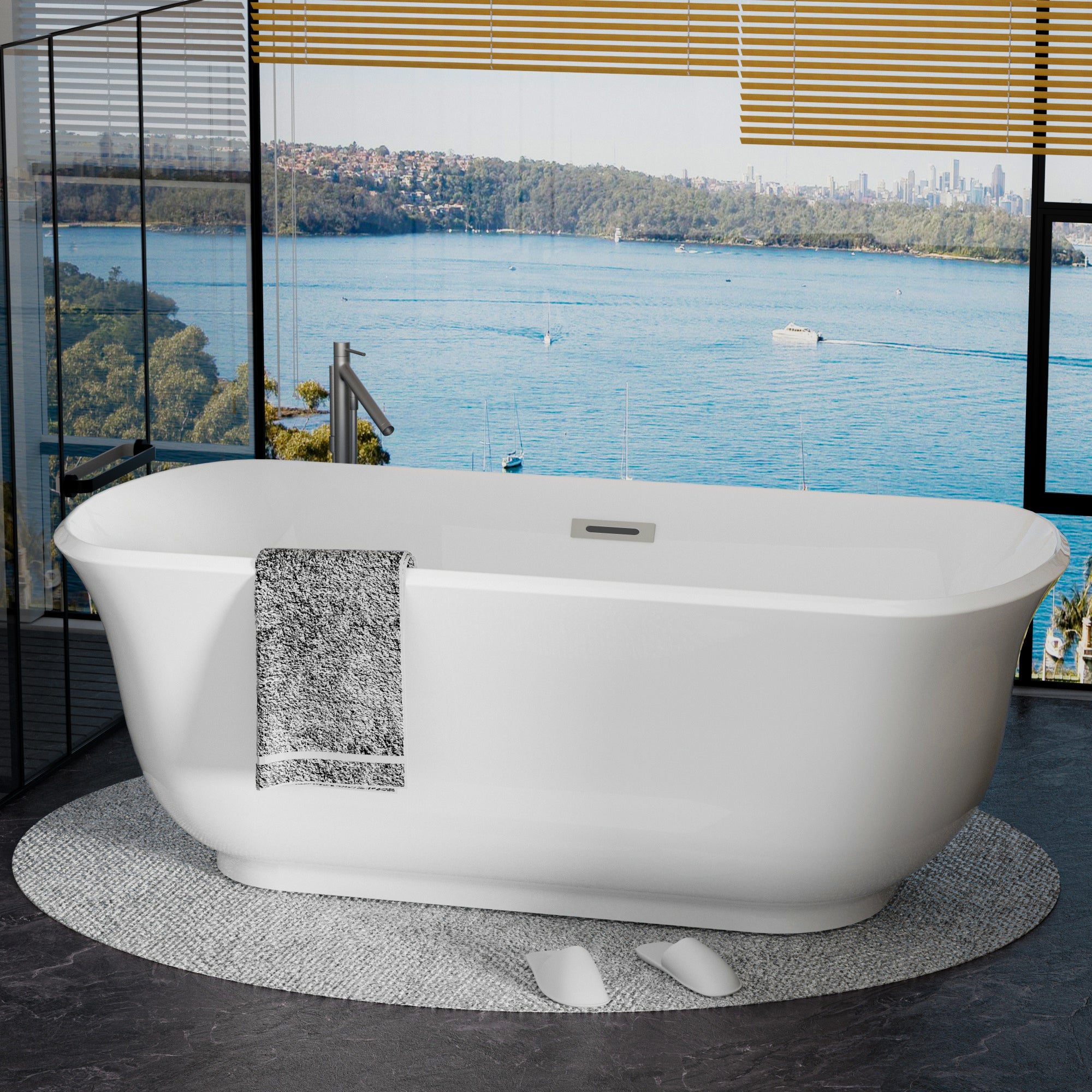
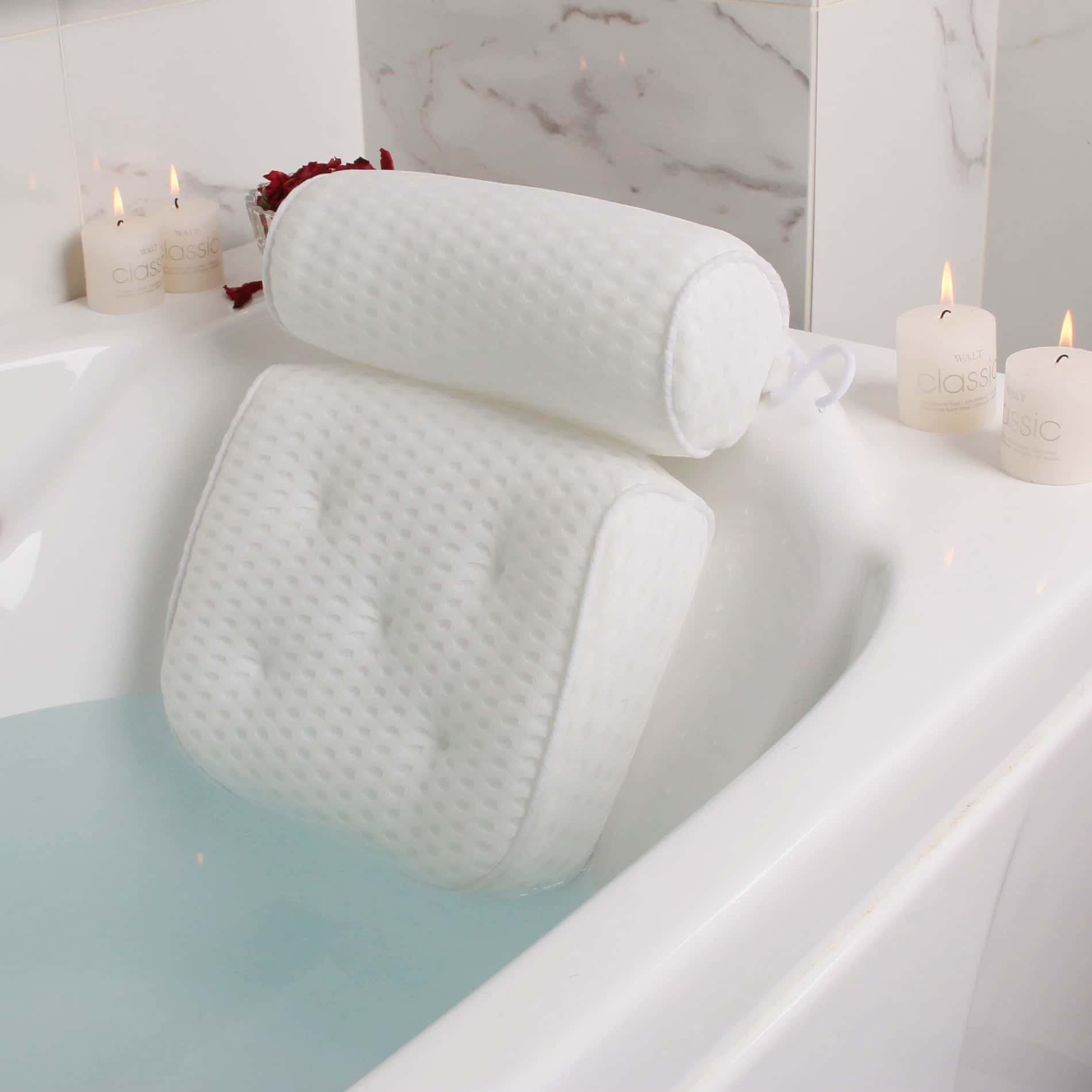
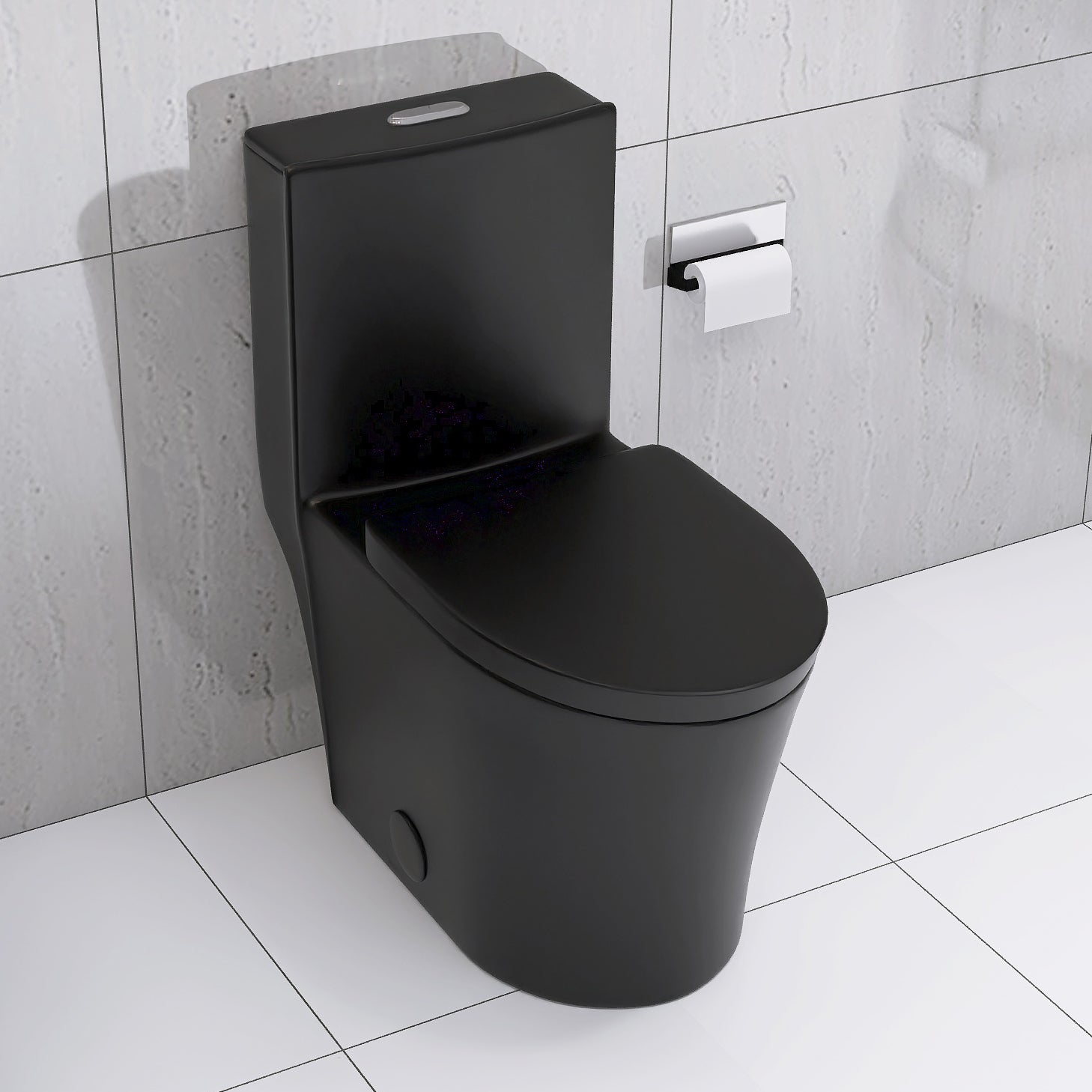

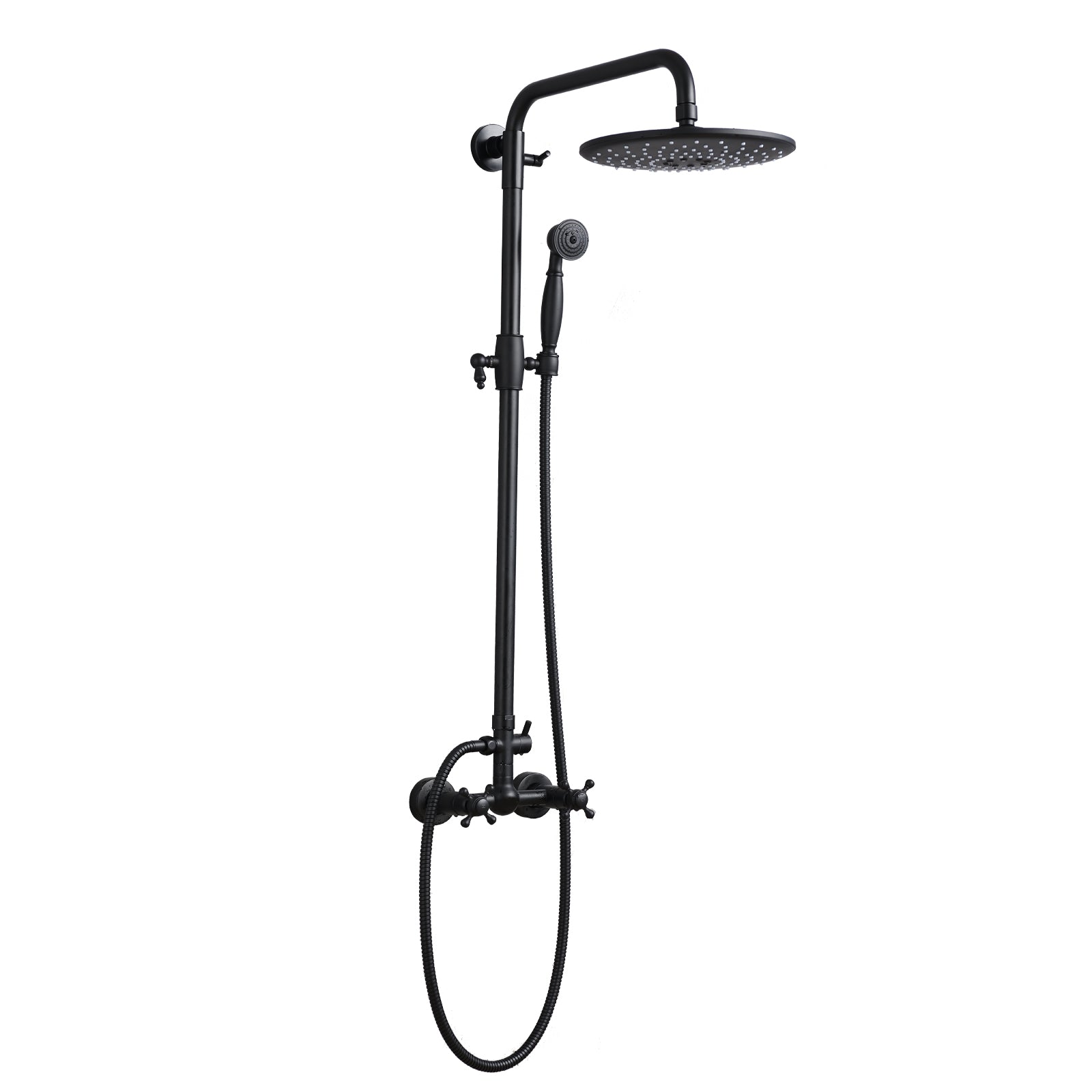


















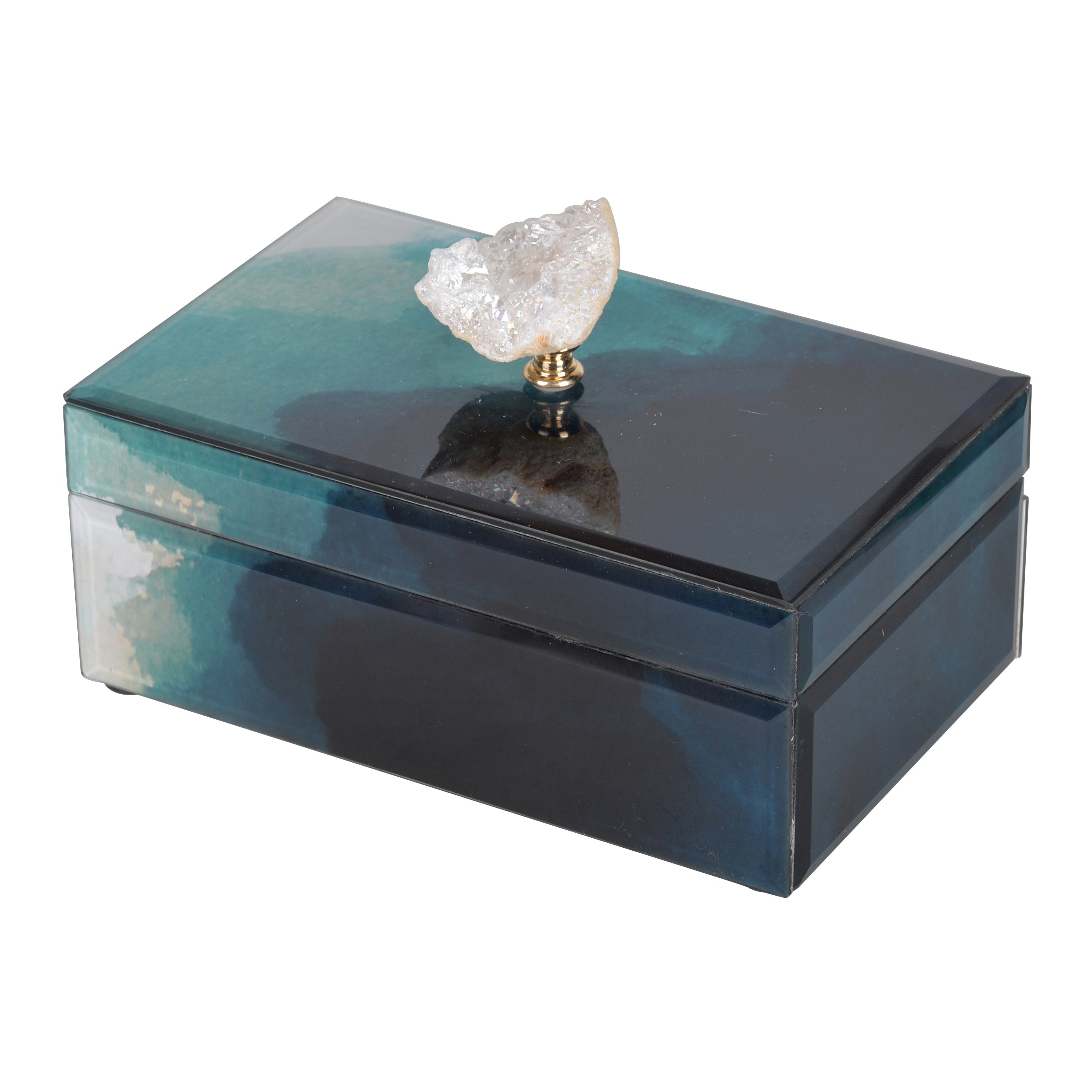



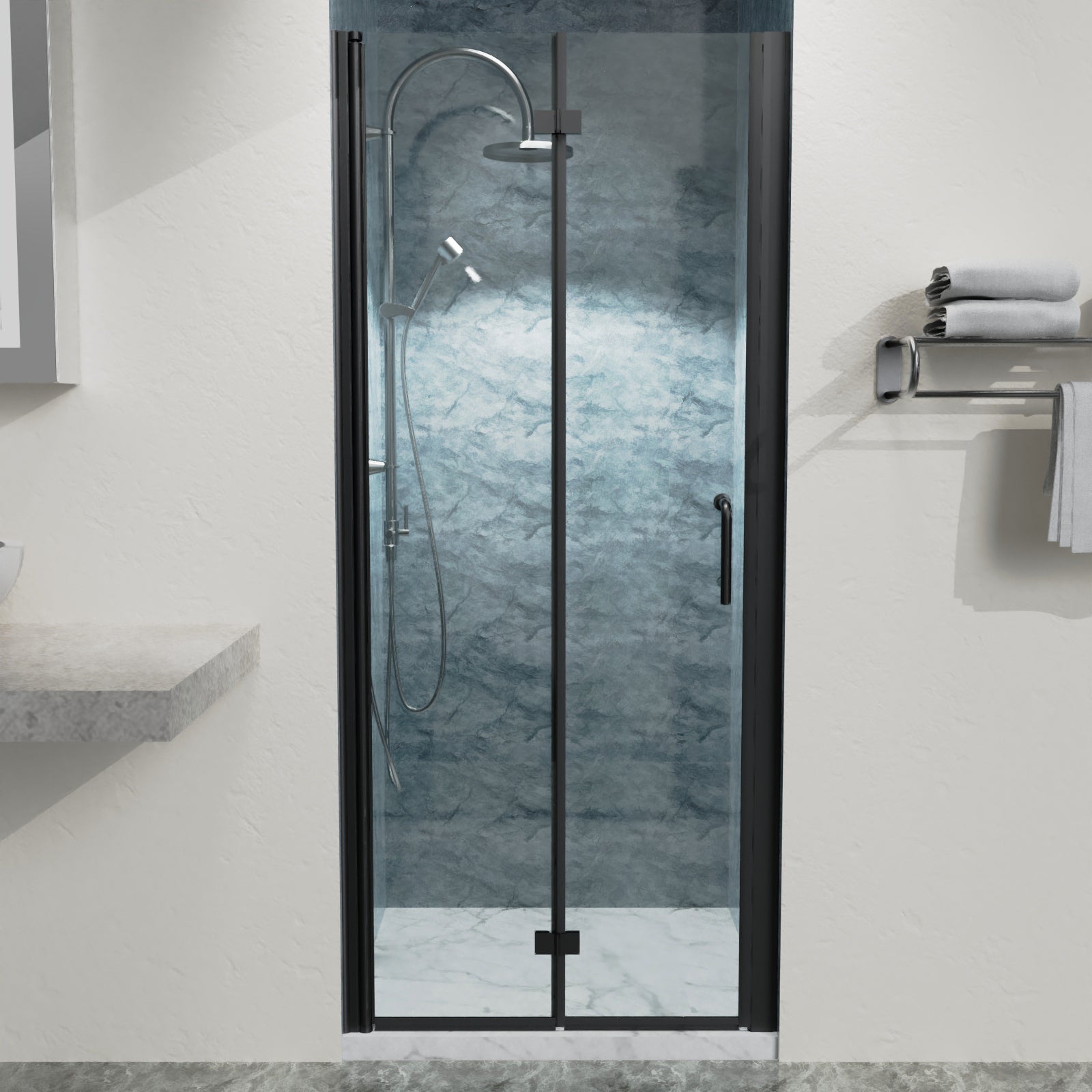


















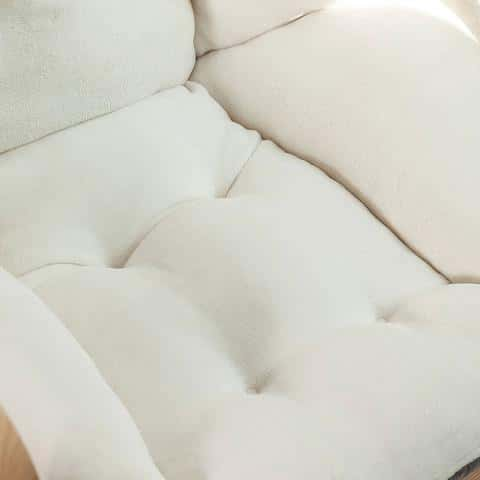



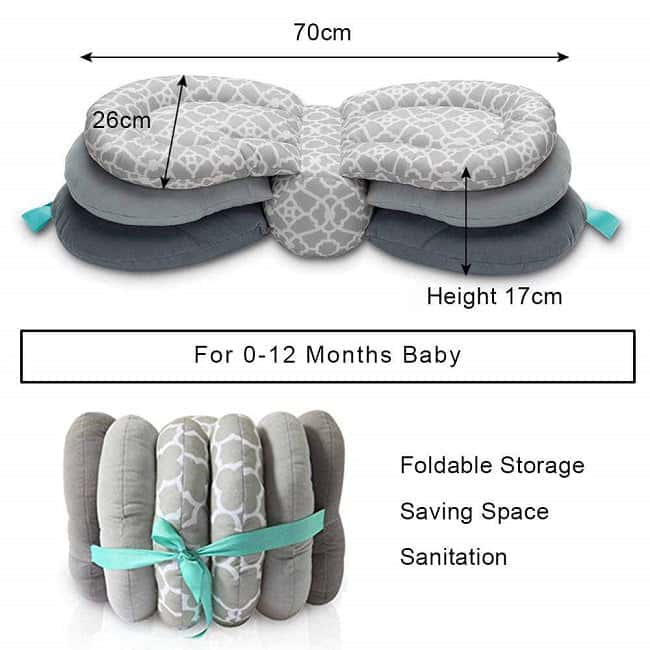

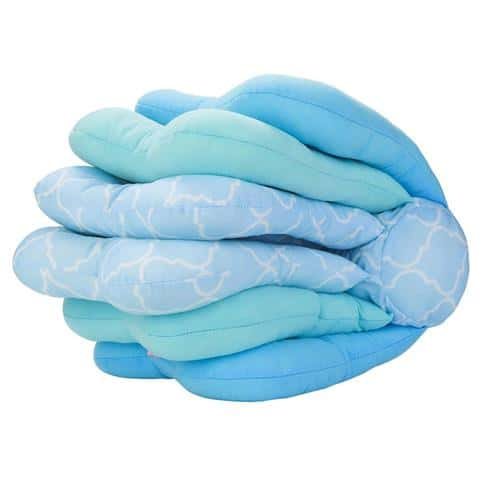
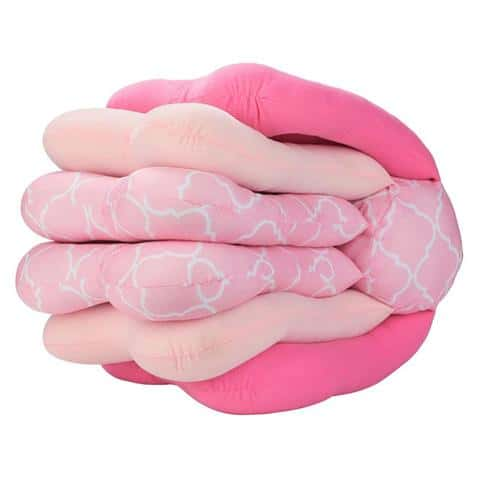
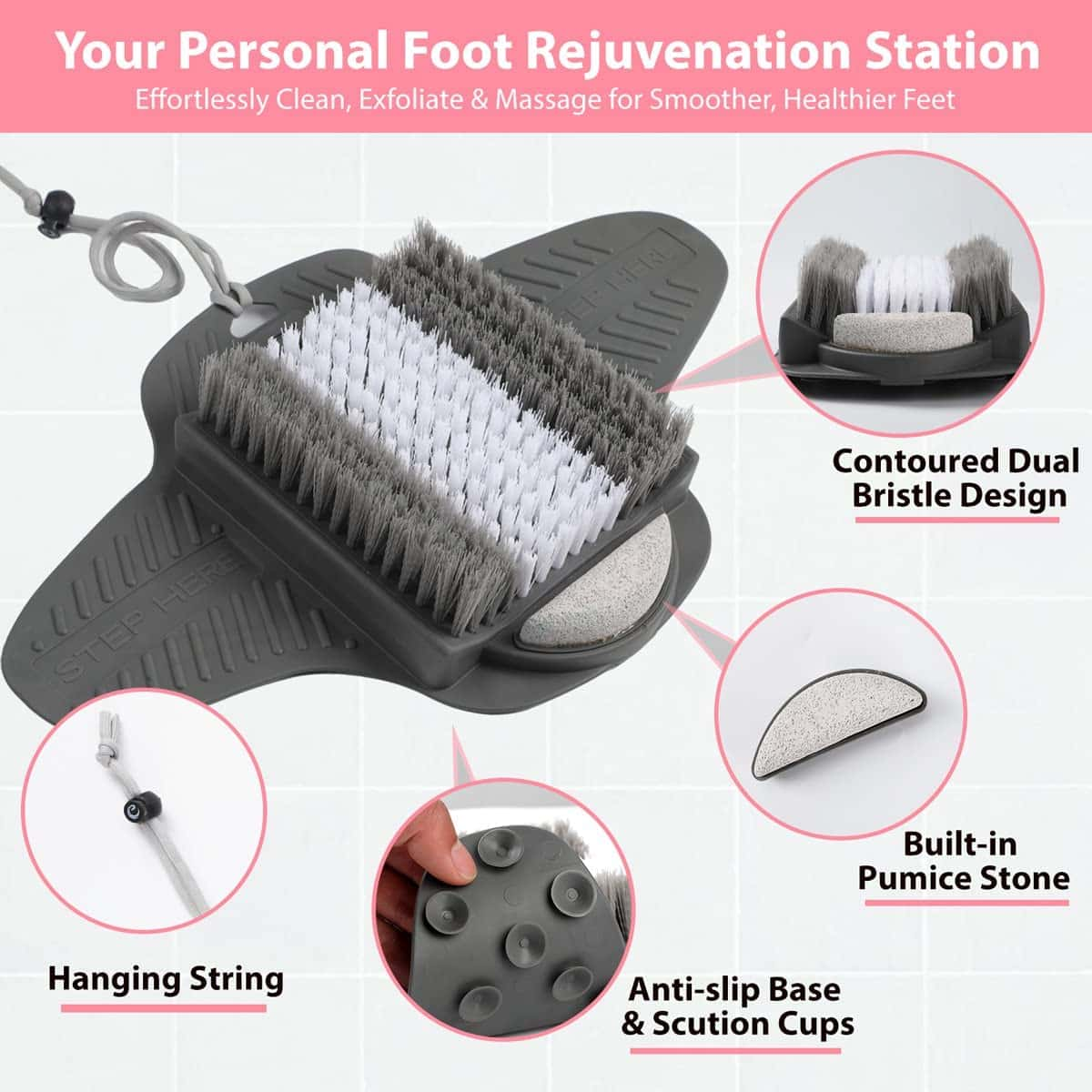
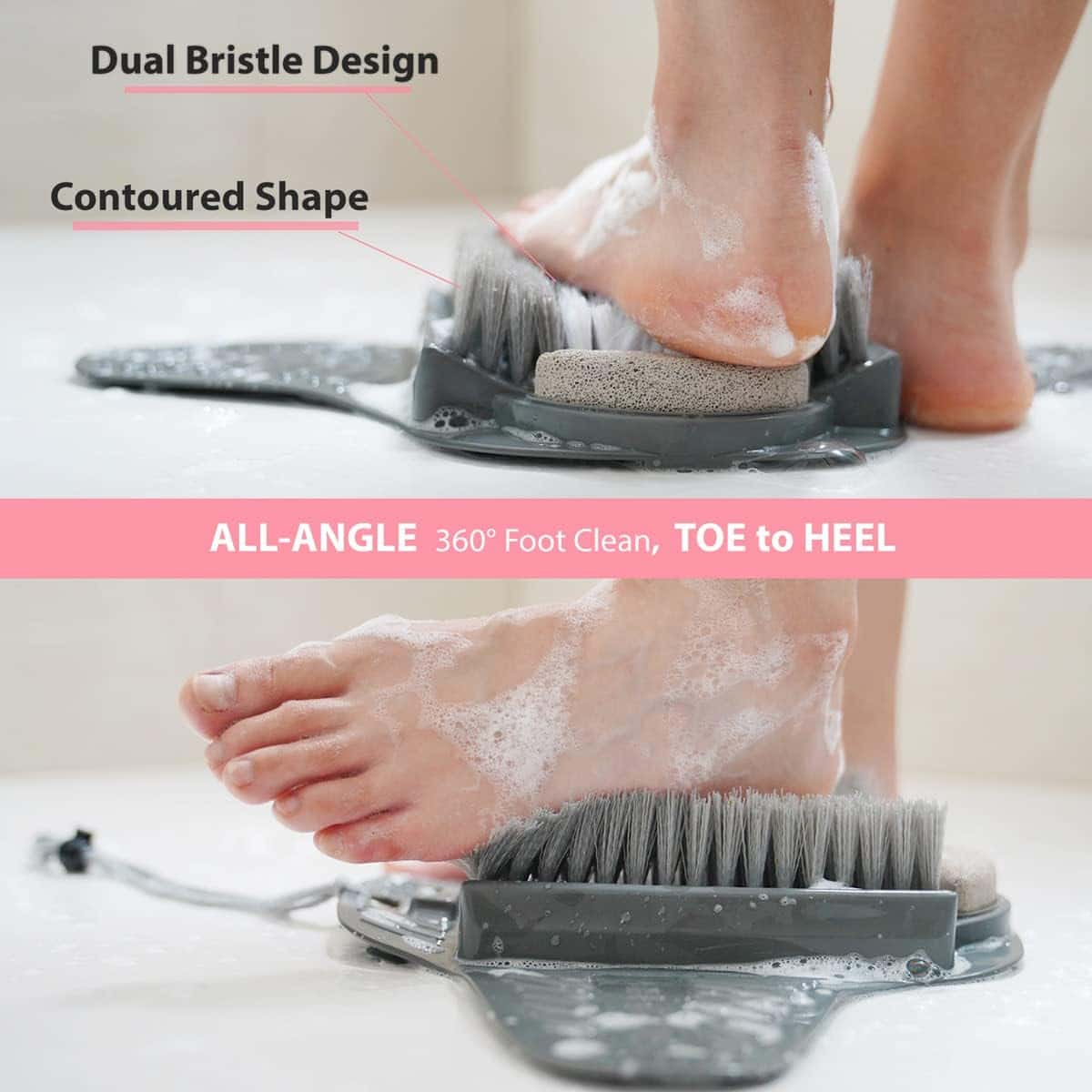
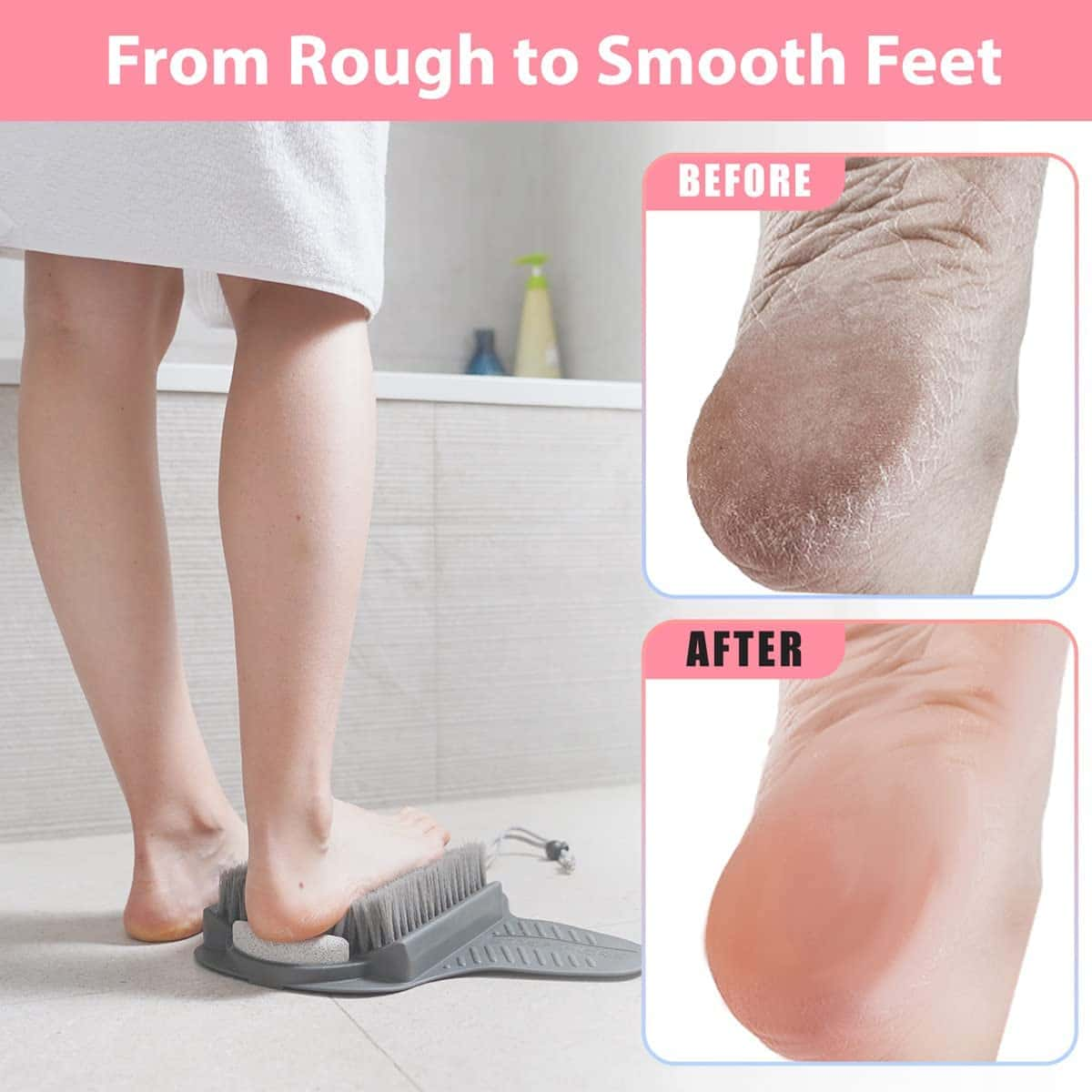
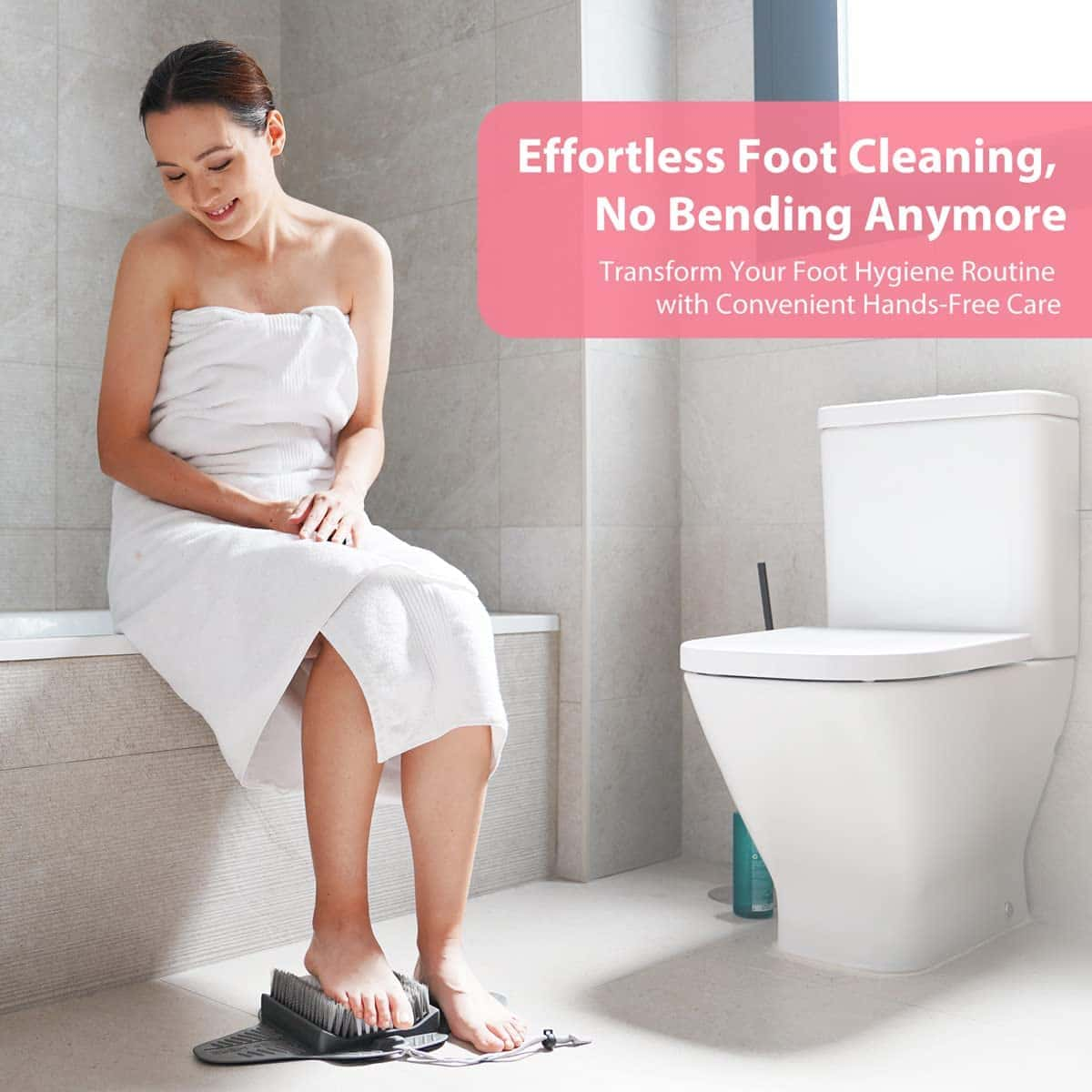


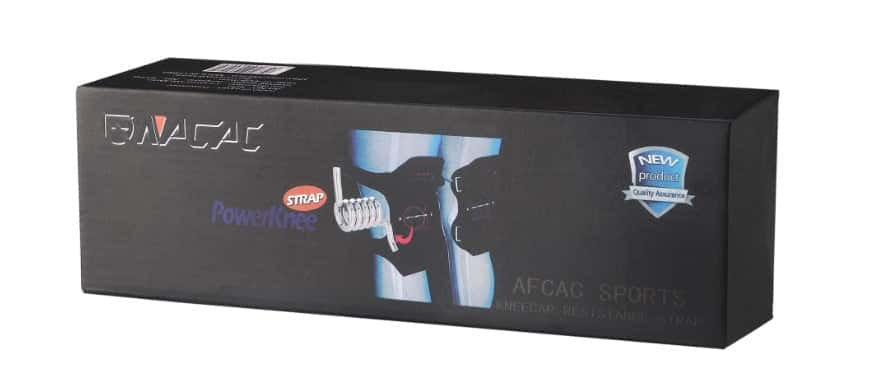

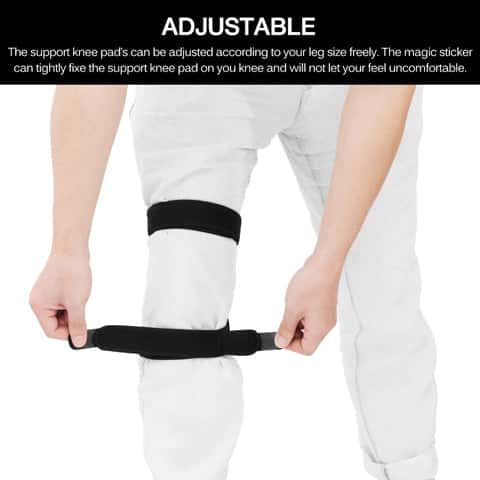


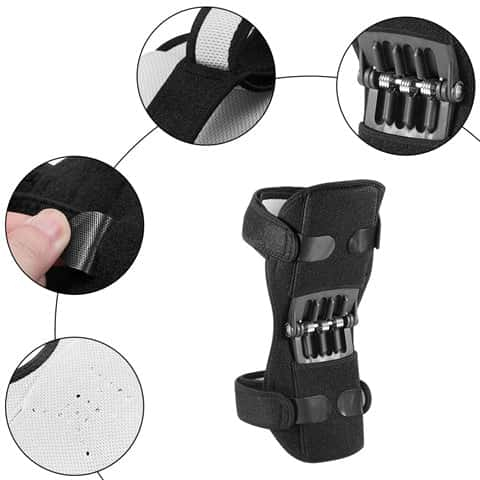
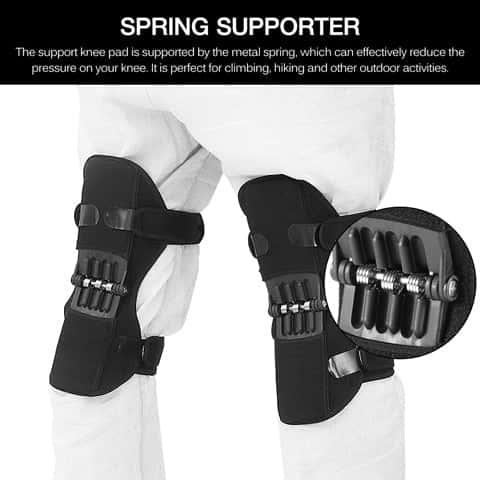
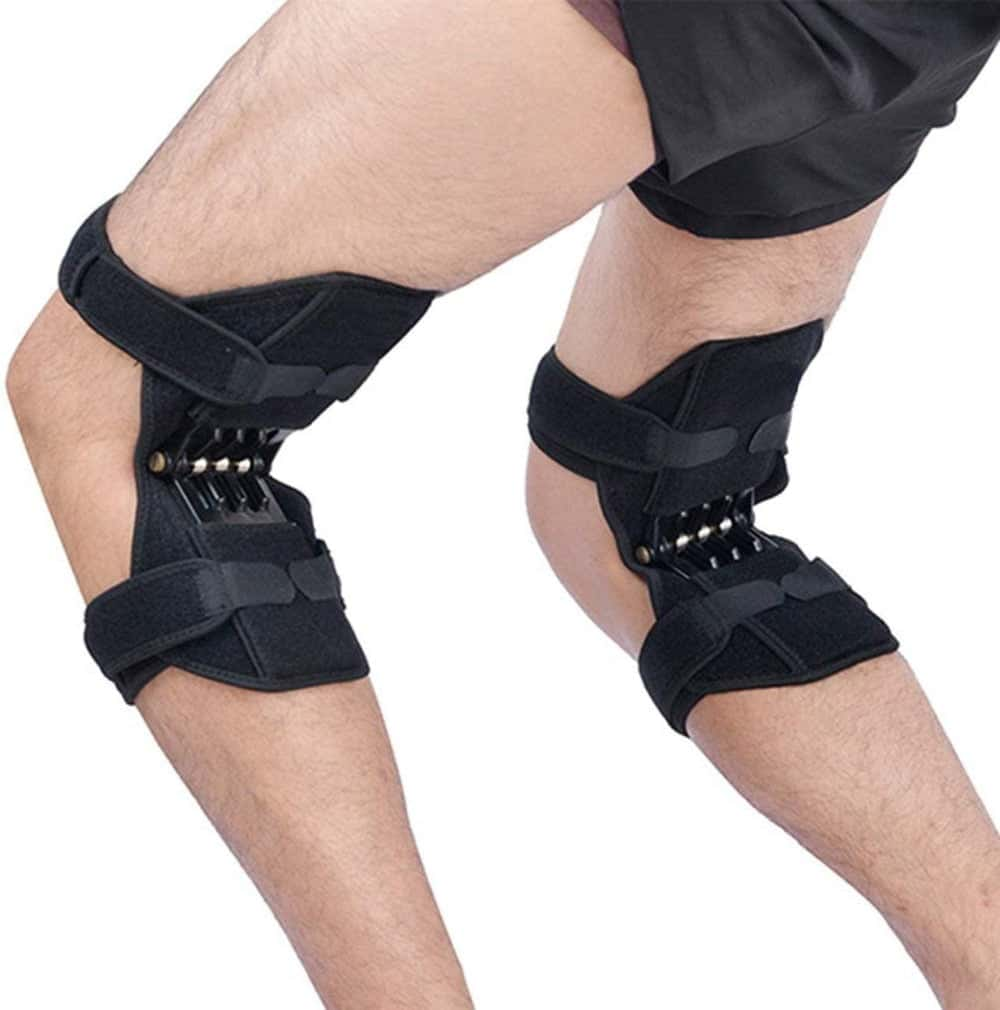
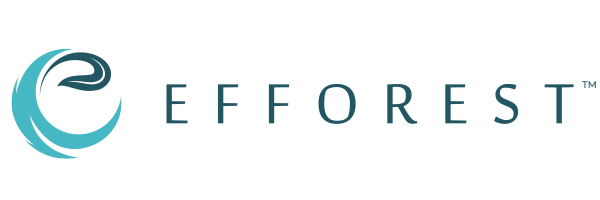


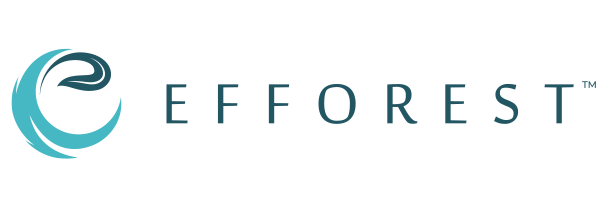
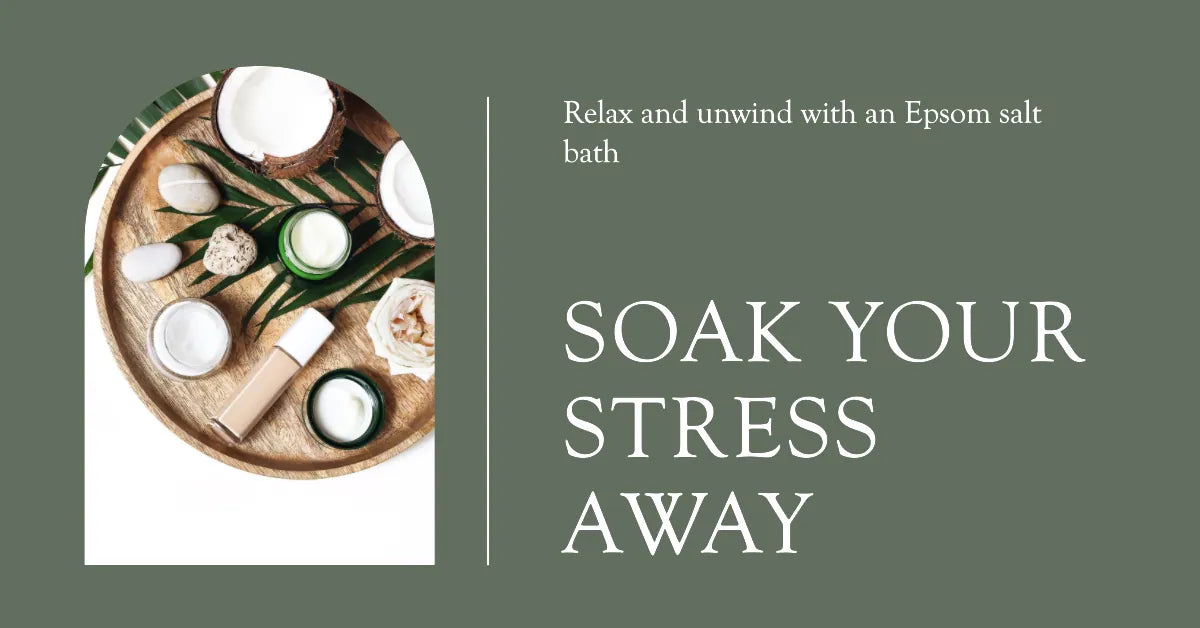
Share and get 15% off!
Simply share this product on one of the following social networks and you will unlock 15% off!